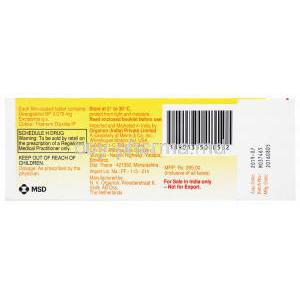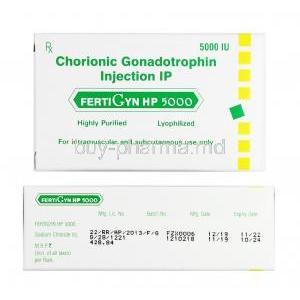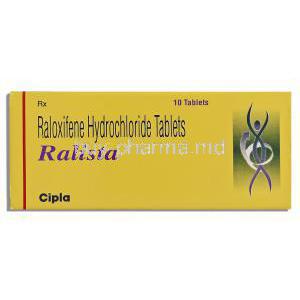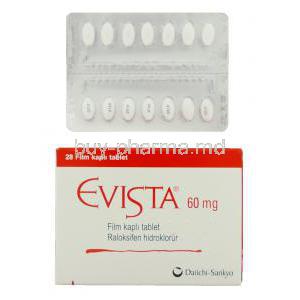Desogestrel
- I. Introduction
- II. Uses of Desogestrel
- III. Off-label Uses of Desogestrel
- IV. How Desogestrel Works
- V. Dosage and Administration
- VI. Composition
- VII. Common Side Effects of Desogestrel
- VIII. Serious Side Effects and Warnings
- IX. Interaction of Desogestrel with Other Medications
- X. Contraindications of Desogestrel
- XI. Careful Administration and Monitoring
- XII. Important Precautions When Taking Desogestrel
- XIII. Administration to Specific Populations
- XIV. Overdosage of Desogestrel
- XV. Handling and Storage Precautions for Desogestrel
- XVI. Patient Education and Counseling Information
- XVII. Summary and Key Takeaways
I. Introduction
Definition and Classification of Desogestrel
Desogestrel, an effective progestin, falls into the category of third-generation synthetic progestogens. It has been specifically developed to emulate the natural hormone progesterone found in women. It is mainly utilized for contraception and hormonal treatments.
Historical Background and Development
Desogestrel, which emerged in the 20th century, was developed to improve oral contraceptives. Its introduction marked a step forward in reducing side effects compared to earlier versions. It first entered the market in 1981 and gained popularity in the 1990s due to its improved safety profile.
FDA Approval Status and Indications
In the 1990s, the Food and Drug Administration (FDA) approved the use of desogestrel. Initially intended as a contraceptive, it has also been authorized to treat hormonal imbalances.
II. Uses of Desogestrel
Contraception
Desogestrel plays a role in birth control pills by preventing ovulation, changing the consistency of cervical mucus, and altering the lining of the uterus to make it less suitable for implantation.
References:
1: Desogestrel: Uses, Interactions, Mechanism of Action | DrugBank Online 2: Desogestrel And Ethinyl Estradiol (Oral Route) - Mayo Clinic 3: How Does the Progestogen-only Pill Work? - News-Medical.net
Treatment of Menorrhagia
Thanks to its properties, desogestrel is effective in regulating menstrual cycles helping to improve symptoms of menorrhagia, which refers to an unusually heavy or prolonged menstrual period.
References:
1: [Medical Management of Heavy Menstrual Bleeding See Management of … 2: Heavy menstrual bleeding: assessment and management - NICE 3: Management of Unscheduled Bleeding in Women Using Hormonal …
Management of Endometriosis
Endometriosis is characterized by the growth of tissue resembling the lining of the uterus outside of it. Desogestrel has been found to provide relief for this painful disorder. It regulates hormone levels, reducing the size and quantity of patches.
References:
1: Cerazette (Desogestrel) - Endometriosis News 2: Desogestrel Could Effectively Be Used to Reduce Endometriosis-Related … 3: Hormonal treatments for endometriosis: The endocrine background - Springer
III. Off-label Uses of Desogestrel
Polycystic Ovary Syndrome (PCOS) Management
While not primarily intended for this purpose, desogestrel has been used off-label to address PCOS. This condition affects many women in their reproductive years. It helps regulate cycles and reduce symptoms such as acne or excessive hair growth.
References:
1: Using Birth Control to Treat PCOS - Verywell Health 2: Best birth control pills for PCOS: Options and how they work 3: Treating PCOS With the Contraceptive Pill: The Complete Guide
Hormone Replacement Therapy
In combination with estrogen, desogestrel plays a role in hormone replacement therapy, particularly for women who have gone through menopause. It helps prevent the growth effects of estrogen on the lining of the uterus.
References:
1: Estrogen Hormone Therapy: 4 Types to Choose From - WebMD 2: Hormone therapy: Is it right for you? - Mayo Clinic 3: HRT preparations and equivalent alternatives - British Menopause Society
Acne Treatment
The hormone-regulating effects of desogestrel can also offer relief to individuals dealing with acne, particularly if changes cause it.
References:
1: Which birth control pills can help reduce acne? - InformedHealth.org … 2: Birth Control and Acne: How Birth Control Affects Skin & Hair - Clue 3: The progestogen-only pill - NHS
IV. How Desogestrel Works
Mechanism of Action
Desogestrel works as a contraceptive by stopping ovulation, changing the mucus to block sperm from entering, and making the uterus lining unsuitable for implantation.
Pharmacodynamics and Pharmacokinetics
After being consumed, desogestrel quickly breaks down into its form. It strongly binds to progesterone receptors. Has minimal impact on estrogen androgen or glucocorticoid receptors. It is rapidly absorbed from the system and extensively binds to proteins in the bloodstream. Most elimination occurs through feces, with a small portion excreted in urine.
Comparison with Other Progestin Medications
Desogestrel is different from progestins because it has fewer androgenic effects. This is beneficial in minimizing side effects, like weight gain, mood swings, and acne commonly linked to progestogens.
V. Dosage and Administration
Standard Dosage for Contraception
Usually, the recommended dosage of desogestrel is a 75-microgram tablet taken once daily. Taking it simultaneously each day is essential to ensure the best contraceptive protection.
Dosage Adjustments (Renal, Hepatic Impairments)
Patients who have liver or kidney problems require attention. If someone has liver dysfunction, they should not use desogestrel. However, usually, no changes are needed for people with kidney insufficiencies.
How to Take Desogestrel (Timing, With/Without Food)
Desogestrel can be consumed with or without meals. The critical factor is to maintain a schedule, as taking it helps regulate hormone levels and ensure its effectiveness.
VI. Composition
Active and Inactive Ingredients
The main component used in the tablet is desogestrel. Other essential ingredients necessary for forming and stabilizing the tablet may consist of lactose, potato starch, and magnesium stearate, among others.
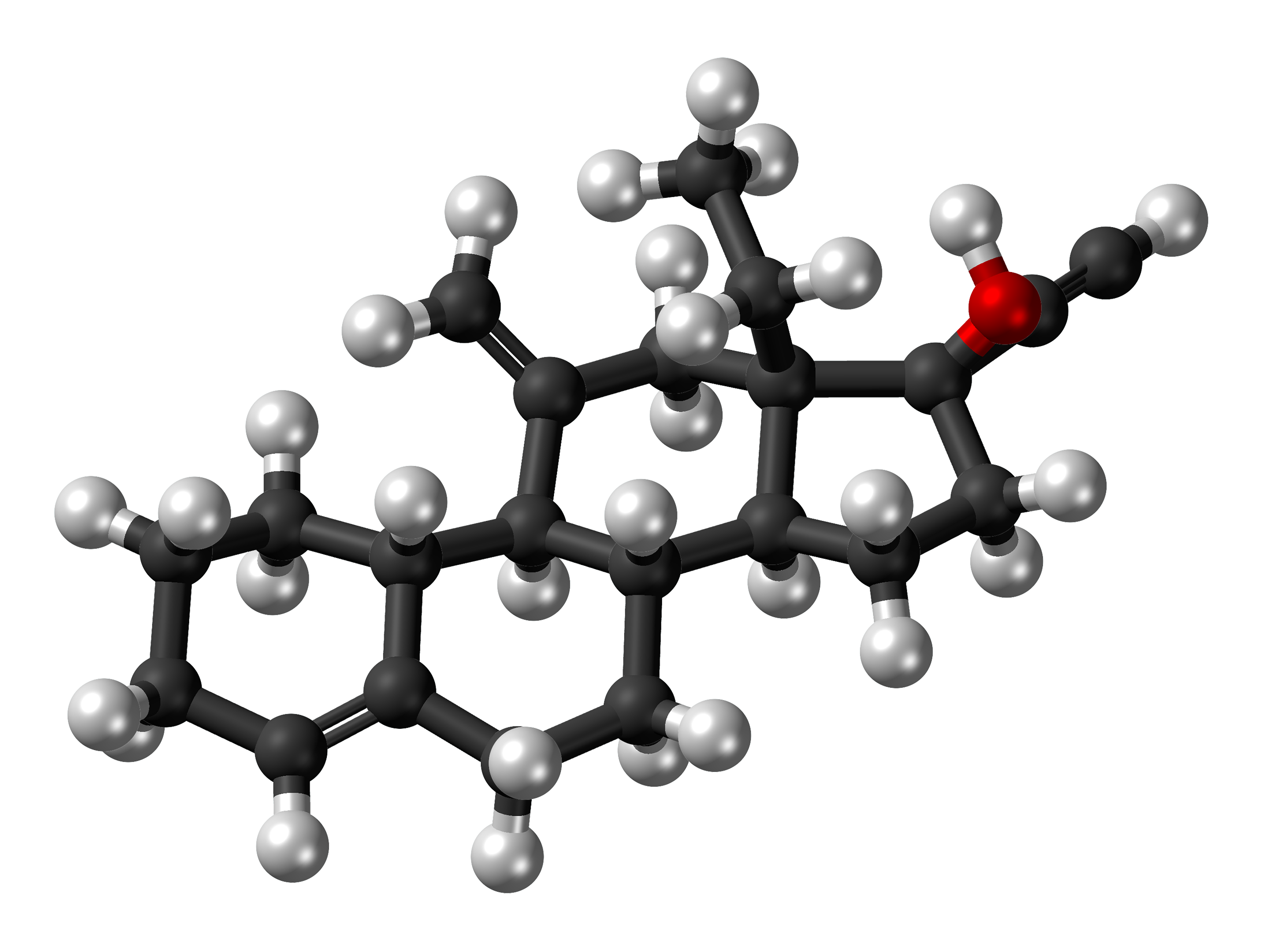
Available Forms and Strengths (Pills, Implants)
Desogestrel is primarily available in tablets, typically in a 75 microgram strength. In some cases, it may also be offered as implants, although this is commonly seen.
VII. Common Side Effects of Desogestrel
Mild to Moderate Side Effects
Similar to any medication, desogestrel can have side effects. These may include changes in mood, headaches, fluctuations in weight, and tenderness in the breasts.
Duration and Management of Common Side Effects
Side effects usually don't last long. Tend to diminish as your body gets used to the medication. If they continue or start bothering you, it's a good idea to seek advice from a healthcare professional.
VIII. Serious Side Effects and Warnings
Severe and Rare Side Effects
Although rare there are cases where specific individuals may encounter reactions, like blood clotting yellowing of the skin, or intense stomach pain. If these symptoms occur it is crucial to seek medical assistance.
Black Box Warning and Serious Risks
Like oral contraceptives, Desogestrel warns about the higher chance of cardiovascular events, particularly for smokers who are 35 years old or older.
Reporting Side Effects to Healthcare Provider
Patients should inform their healthcare provider about any side effects they experience so that appropriate actions can be taken, including adjustments, to their medication if needed.
IX. Interaction of Desogestrel with Other Medications
Common Drug Interactions and Consequences
Desogestrel, like other medications, can interact with prescribed and over-the-counter drugs. Some of these interactions include the following; Anticonvulsants like phenytoin and carbamazepine may potentially reduce the effectiveness of desogestrel. Antibiotics such as rifampicin could decrease the efficacy. Additionally, antiretroviral drugs like ritonavir may increase the risk of effects due to higher exposure to desogestrel. It is crucial for patients to consult with healthcare professionals before starting any medication while taking desogestrel.
Interaction with Herbal Supplements and OTC Products
Certain herbal supplements, such as St. Johns Wort, can potentially reduce the effectiveness of Desogestrel due to their ability to accelerate the metabolism of medications. It's also important to be cautious when using, over-the-counter agents and acid-reducing medications as they may interact with Desogestrel. Remember, it's always advisable to consult healthcare before combining any treatments.
X. Contraindications of Desogestrel
Absolute Contraindications
Some reasons why desogestrel should not be used are; If you have a history of blood clotting events in your veins or arteries; if you have a liver disease If you are known or suspected to be pregnant.
Relative Contraindications and Risk Assessment
In some cases, the risks associated with desogestrel might outweigh its benefits for specific patient groups. For instance, it might not be recommended for women with a history of depression, hypertension, or certain types of cancer. Therefore healthcare professionals must conduct a detailed evaluation of the risks and benefits in these situations.
XI. Careful Administration and Monitoring
Lab Tests and Monitoring While on Desogestrel
When taking desogestrel, it may be essential to have checkups. These checkups can involve tests to assess liver function measure blood pressure, and monitor lipid and glucose levels. These tests help ensure that any potential adverse effects are identified and that the medication is working effectively without causing any harm.
Signs of Overdosage and Management
If someone experiences an overdose, they might exhibit symptoms such as nausea, vomiting, or experiencing menstrual bleeding. It is crucial to seek medical assistance in such cases. The treatment typically focuses on managing the symptoms and providing support.
XII. Important Precautions When Taking Desogestrel
Smoking and Alcohol Consumption
Smoking poses a risk of severe cardiovascular side effects, particularly in women aged 35 and above when using desogestrel. Although alcohol does not directly interact, it can impair judgment. Potentially result in missed doses.
Travel and Vaccination Considerations
Extended immobile periods because of travel or surgery could heighten the chances of experiencing a blood clot event while taking desogestrel. Additionally, specific vaccinations might require adjustments to the way desogestrel is handled. It's crucial to consult with a healthcare provider before embarking on trips or getting new vaccines.
XIII. Administration to Specific Populations
Administration to Elderly Patients
Desogestrel is not commonly prescribed for postmenopausal women, so it is not typically considered when considering treatment options, for the population.
Administration to Pregnant Women and Nursing Mothers
Desogestrel should not be used during pregnancy. If you are breastfeeding, it is essential to be cautious as small quantities of desogestrel can be passed through breast milk.
Administration to Children and Adolescents
Desogestrel is commonly prescribed to girls when contraception is necessary and recommended by a healthcare provider.
XIV. Overdosage of Desogestrel
Signs and Symptoms of Overdose
While there haven't been any harmful consequences documented in cases of desogestrel overdose, some potential symptoms could include feelings of nausea, episodes of vomiting, and unexpected bleeding.
Immediate Actions and Antidote if Necessary
If someone experiences an overdose it is crucial to seek help, from a healthcare professional or poison control center. There isn't a cure, so the treatment mainly focuses on addressing symptoms and providing support.
XV. Handling and Storage Precautions for Desogestrel
Proper Storage Conditions
Desogestrel should be kept at room temperature, away from excessive heat or moisture, and, out of the reach of children.
Disposal of Unused or Expired Medication
It would be best to dispose of any desogestrel you haven't used or expired by following the regulations or returning it to a pharmacy for proper disposal.
XVI. Patient Education and Counseling Information
What to Do If a Dose Is Missed
If you miss a dose, it's important to consult the patient information leaflet or reach out to a healthcare professional, for guidance. The appropriate course of action may differ based on when the dose was missed.
Common Questions and Misconceptions About Desogestrel
Healthcare professionals must clarify that desogestrel does not protect against transmitted infections. It's important to note that desogestrel is not the same as emergency contraception, which is meant to be used after intercourse.
XVII. Summary and Key Takeaways
Recap of Essential Information
Desogestrel is a hormone that is mainly used as a contraceptive. It has interactions and contraindications which require careful and well-informed usage.
Additional Resources for Patients and Healthcare Professionals
To get all the information, it is recommended that patients and healthcare professionals refer to the product monograph or other reliable resources provided by health agencies.


